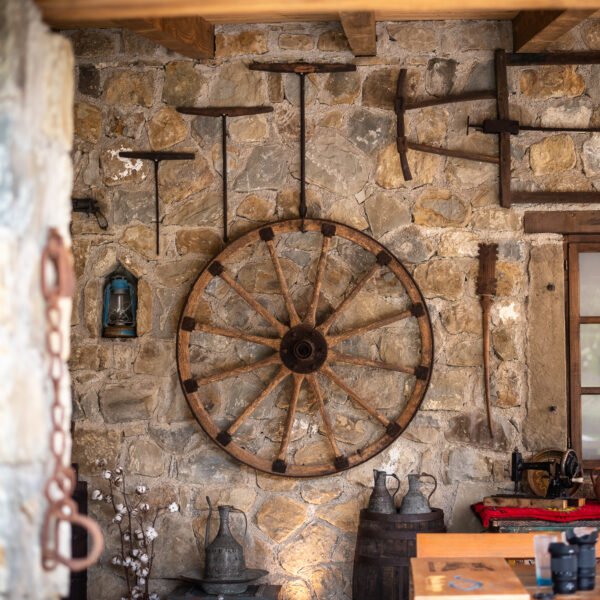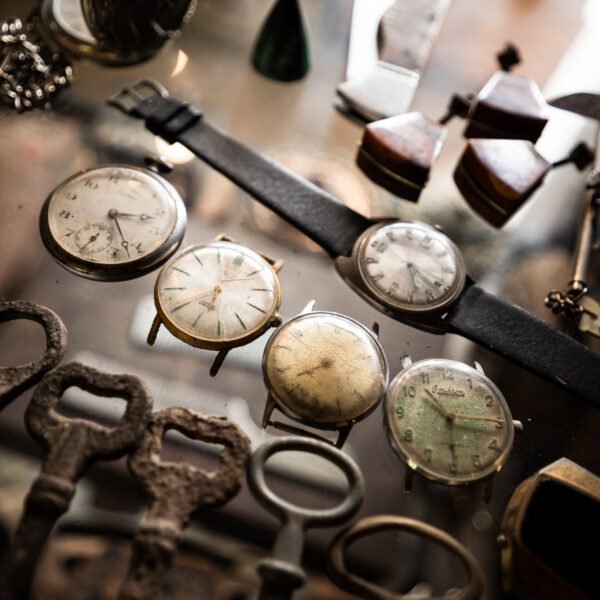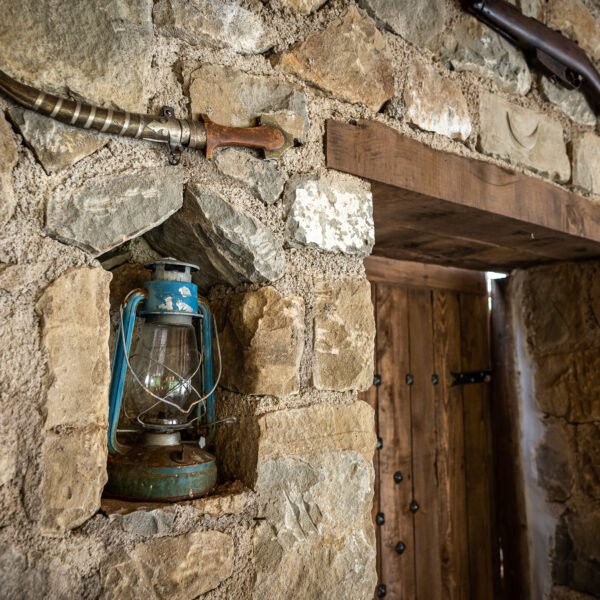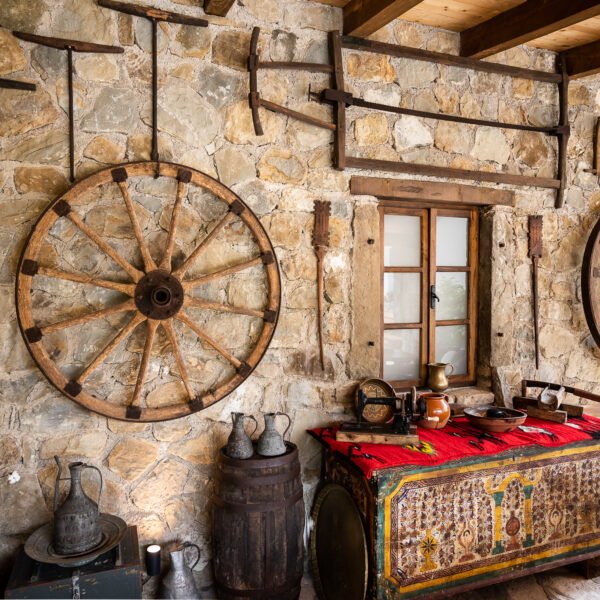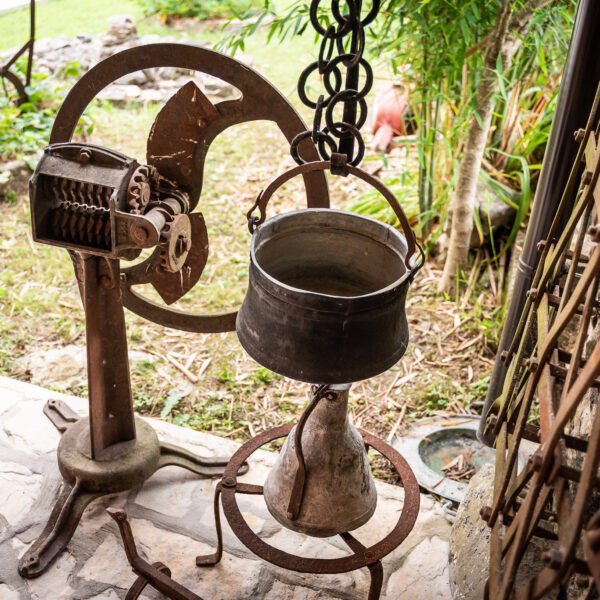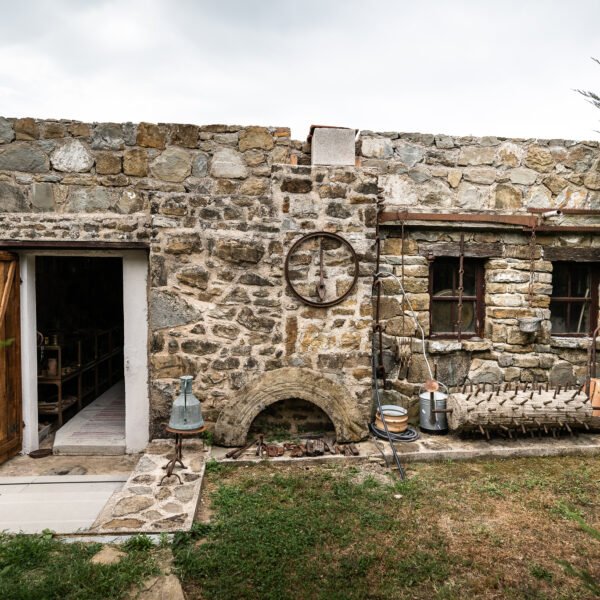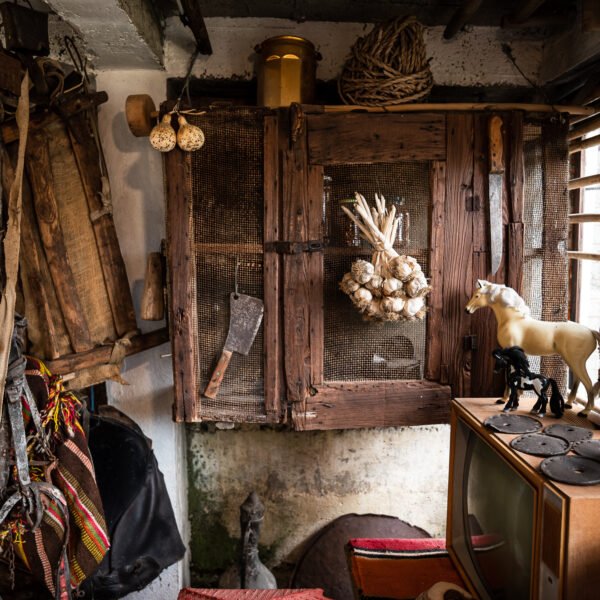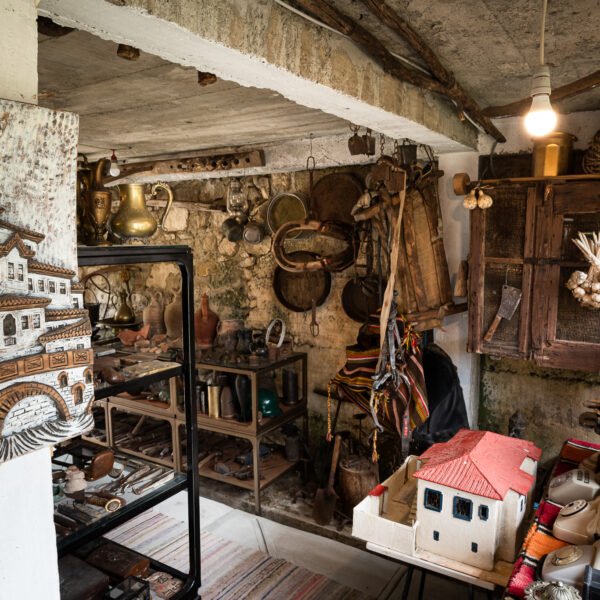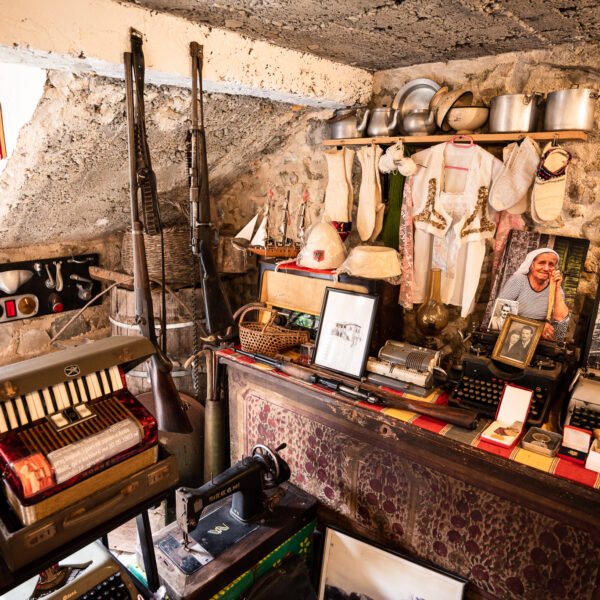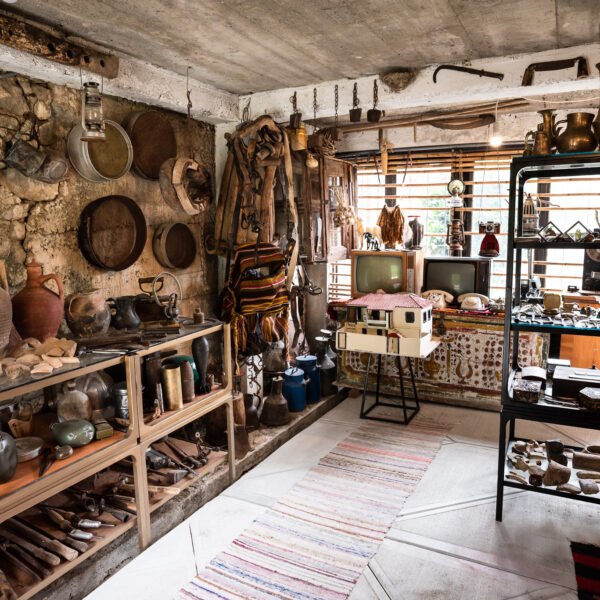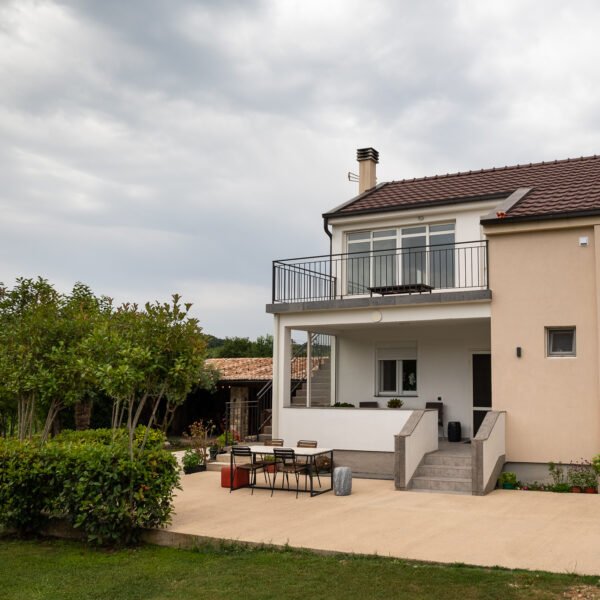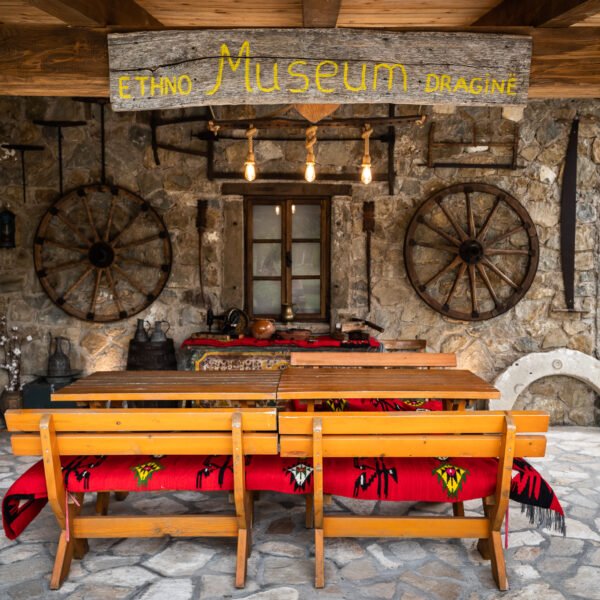The Kovači surname derives from the occupation of their ancestors: they were blacksmiths.
The farm is located in the village of Draginje, a beautiful southeastern part of Montenegro, an area that is yet to be discovered by tourists, only 2 km from the Sukobin border crossing, which separates Montenegro and Albania. On the north of the village, there is the largest lake in the Balkans – Lake Skadar, and on the south is the Adriatic Sea. Five kilometers from the farm, there is Lake Šas and the old town of Šas, Bojana River and Mount Štegvaš. In the vicinity, there is a circular cycling trail: Vladimir-Draginje-Lisna Bore-Štodre-Šas-Vladimir.
The Kovači family’s love for ethnology led them to open an ethnographic museum on the farm and name it “Museum Dragine”. The museum contains most of the items used in farm work throughout history, showcasing how life used to be in this area. The museum has a library with 3,000 titles, where book promotions, International Poetry Day, and other events are held.
The hosts primarily engage in agriculture. On their farm, one can enjoy juices and jams made from citrus fruits, wild pomegranates, quinces, peaches, plums, apples, and cornelian cherries. There are also various salads (eggplant, sour cabbage, peppers, red pepper spread), cheeses, olive oil, rakija, and wine are also available, all produced from the farm’s agricultural products. The hosts prepare traditional dishes characteristic for this region, such as homemade pies, tespidže (a sweet made with corn flour), japrak, laknor (made from zucchini or leeks), kruelan (a type of kačamak) – a rare dish that is hard to find elsewhere, stewed okra or bamija, and more. The Kovači family keeps chicken and sheep. Guests can enjoy and relax in the olive grove and orchard.
The ethnographic museum, the rich local gastronomic offer, along with the still undiscovered and pristine nature, will provide a unique pleasure for guests that is hard to find elsewhere.
RESERVATIONS ARE REQUIRED!


